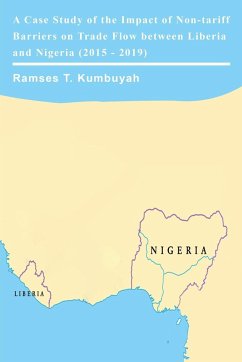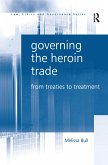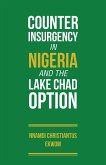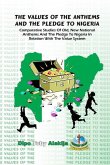The objective of this study was to identify the operational and policy bottlenecks that are adversely affecting trade growth between Liberia and Nigeria. Focus was on assessing the impact of Non-Tariff Barriers (NTBs) on the flow of goods from Nigeria to Liberia and vice versa; how the NTBs are affecting the flow of goods and people; what are the inhibiting factors, and make recommendations for consideration by policy makers in the trade sector of the two counties. Majority of the Liberian and Nigerian traders that travel by road to do business are small (petty) business people. They travel with their goods or put them on the trucks from Nigeria to Liberia. The question that the study tried to investigate was that "why is it that these business people are not able to expand their businesses and tap successfully on the big Nigerian market of over one hundred million consumers?" The study found out that the Non-tariff barriers are a contributing factor to restraining trade flow within West Africa, especially between Liberia and Nigeria. The NTBs are a binding constraint inhibiting trade and limiting gains from trade. Among the NTBs affecting trade flow between Liberia and Nigeria are the many checkpoints on the highway and border posts, the practice of extorting money from traders, and the high level of corruption and bribery at border custom posts on the trade route. The study concludes with operational and policy recommendations








